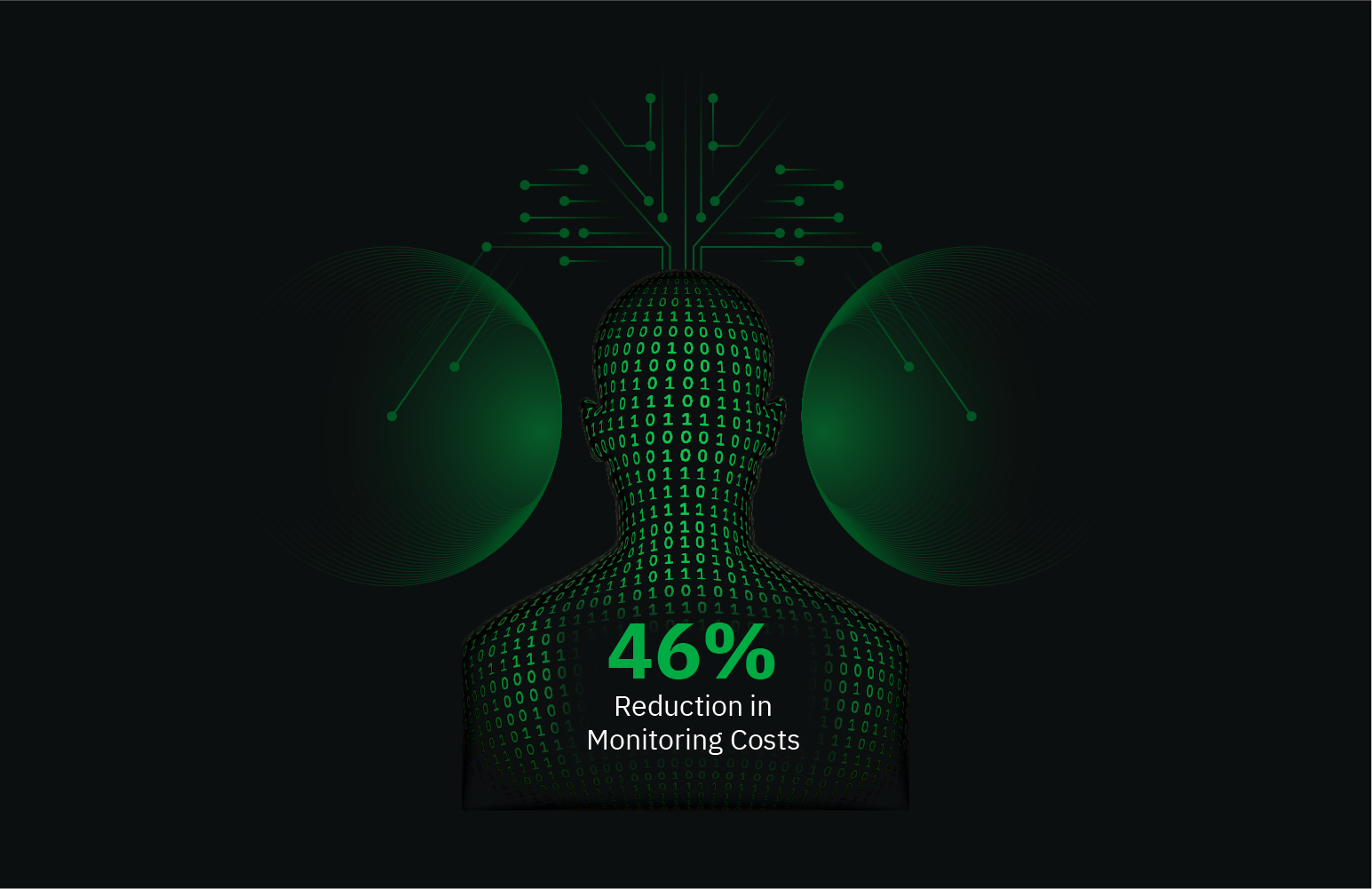| envoy.server_state | live, draining, pre_initializing, initializing | state |
| envoy.server_connections_count | connections | connections |
| envoy.server_parent_connections_count | connections | connections |
| envoy.server_memory_allocated_size | allocated | bytes |
| envoy.server_memory_heap_size | heap | bytes |
| envoy.server_memory_physical_size | physical | bytes |
| envoy.server_uptime | uptime | seconds |
| envoy.cluster_manager_cluster_count | active, not_active | clusters |
| envoy.cluster_manager_cluster_changes_rate | added, modified, removed | clusters/s |
| envoy.cluster_manager_cluster_updates_rate | cluster | updates/s |
| envoy.cluster_manager_cluster_updated_via_merge_rate | via_merge | updates/s |
| envoy.cluster_manager_update_merge_cancelled_rate | merge_cancelled | updates/s |
| envoy.cluster_manager_update_out_of_merge_window_rate | out_of_merge_window | updates/s |
| envoy.cluster_membership_endpoints_count | healthy, degraded, excluded | endpoints |
| envoy.cluster_membership_changes_rate | membership | changes/s |
| envoy.cluster_membership_updates_rate | success, failure, empty, no_rebuild | updates/s |
| envoy.cluster_upstream_cx_active_count | active | connections |
| envoy.cluster_upstream_cx_rate | created | connections/s |
| envoy.cluster_upstream_cx_http_rate | http1, http2, http3 | connections/s |
| envoy.cluster_upstream_cx_destroy_rate | local, remote | connections/s |
| envoy.cluster_upstream_cx_connect_fail_rate | failed | connections/s |
| envoy.cluster_upstream_cx_connect_timeout_rate | timeout | connections/s |
| envoy.cluster_upstream_cx_bytes_rate | received, sent | bytes/s |
| envoy.cluster_upstream_cx_bytes_buffered_size | received, send | bytes |
| envoy.cluster_upstream_rq_active_count | active | requests |
| envoy.cluster_upstream_rq_rate | requests | requests/s |
| envoy.cluster_upstream_rq_failed_rate | cancelled, maintenance_mode, timeout, max_duration_reached, per_try_timeout, reset_local, reset_remote | requests/s |
| envoy.cluster_upstream_rq_pending_active_count | active_pending | requests |
| envoy.cluster_upstream_rq_pending_rate | pending | requests/s |
| envoy.cluster_upstream_rq_pending_failed_rate | overflow, failure_eject | requests/s |
| envoy.cluster_upstream_rq_retry_rate | request | retries/s |
| envoy.cluster_upstream_rq_retry_success_rate | success | retries/s |
| envoy.cluster_upstream_rq_retry_backoff_rate | exponential, ratelimited | retries/s |
| envoy.listener_manager_listeners_count | active, warming, draining | listeners |
| envoy.listener_manager_listener_changes_rate | added, modified, removed, stopped | listeners/s |
| envoy.listener_manager_listener_object_events_rate | create_success, create_failure, in_place_updated | objects/s |
| envoy.listener_admin_downstream_cx_active_count | active | connections |
| envoy.listener_admin_downstream_cx_rate | created | connections/s |
| envoy.listener_admin_downstream_cx_destroy_rate | destroyed | connections/s |
| envoy.listener_admin_downstream_cx_transport_socket_connect_timeout_rate | timeout | connections/s |
| envoy.listener_admin_downstream_cx_rejected_rate | overflow, overload, global_overflow | connections/s |
| envoy.listener_admin_downstream_listener_filter_remote_close_rate | closed | connections/s |
| envoy.listener_admin_downstream_listener_filter_error_rate | read | errors/s |
| envoy.listener_admin_downstream_pre_cx_active_count | active | sockets |
| envoy.listener_admin_downstream_pre_cx_timeout_rate | timeout | sockets/s |
| envoy.listener_downstream_cx_active_count | active | connections |
| envoy.listener_downstream_cx_rate | created | connections/s |
| envoy.listener_downstream_cx_destroy_rate | destroyed | connections/s |
| envoy.listener_downstream_cx_transport_socket_connect_timeout_rate | timeout | connections/s |
| envoy.listener_downstream_cx_rejected_rate | overflow, overload, global_overflow | connections/s |
| envoy.listener_downstream_listener_filter_remote_close_rate | closed | connections/s |
| envoy.listener_downstream_listener_filter_error_rate | read | errors/s |
| envoy.listener_downstream_pre_cx_active_count | active | sockets |
| envoy.listener_downstream_pre_cx_timeout_rate | timeout | sockets/s |









